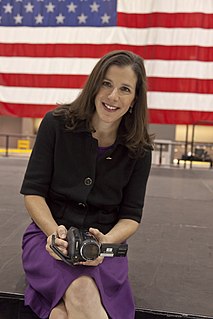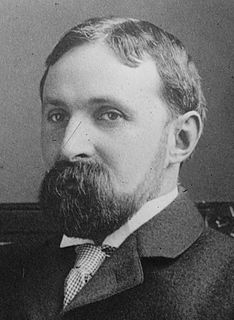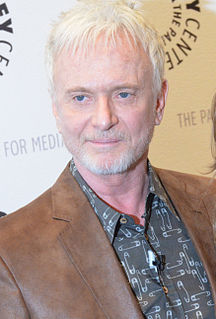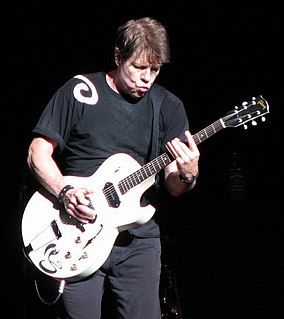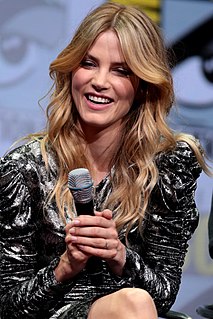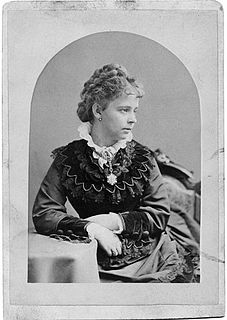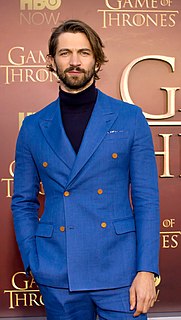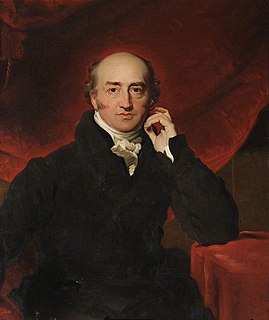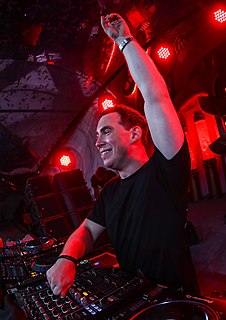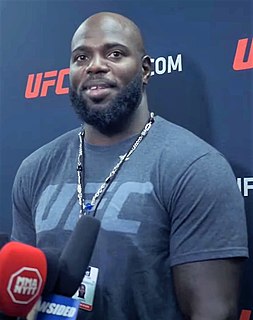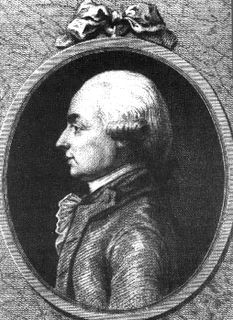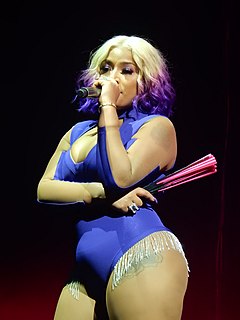A Quote by Alexandra C. Pelosi
My husband is a Dutch television correspondent. He's not taking any job away from an American. Because I don't really think there are any Americans that can speak Dutch and explain American politics to a Dutch audience.
Related Quotes
I think that one not only has to make demands on the established group, but one also has to make demands on the outsider group. One has to make clear: if you want to leave, please do so. But if you want to stay here, a degree of accommodation to the Dutch outlook, Dutch manners, and a degree of identification with the Netherlands will be expected of you. There is no reason why there cannot be Dutch Turks or Dutch Moroccans. But one can expect from them a degree of identification, some change of their own social identity.
I keep telling my American friends, "If you think of Donald Trump as only something that is happening inside the United States, you're missing it." Because there are Trump-like events happening across the Western world, in Warsaw Pact countries, in France, Germany, Austria, the Netherlands. As we speak, the second-largest party in the Dutch legislature - who's more level-headed than the Dutch? - is Geert Wilders's party, which is a very Trump-like party, and they've got 33 out of 150 seats.
